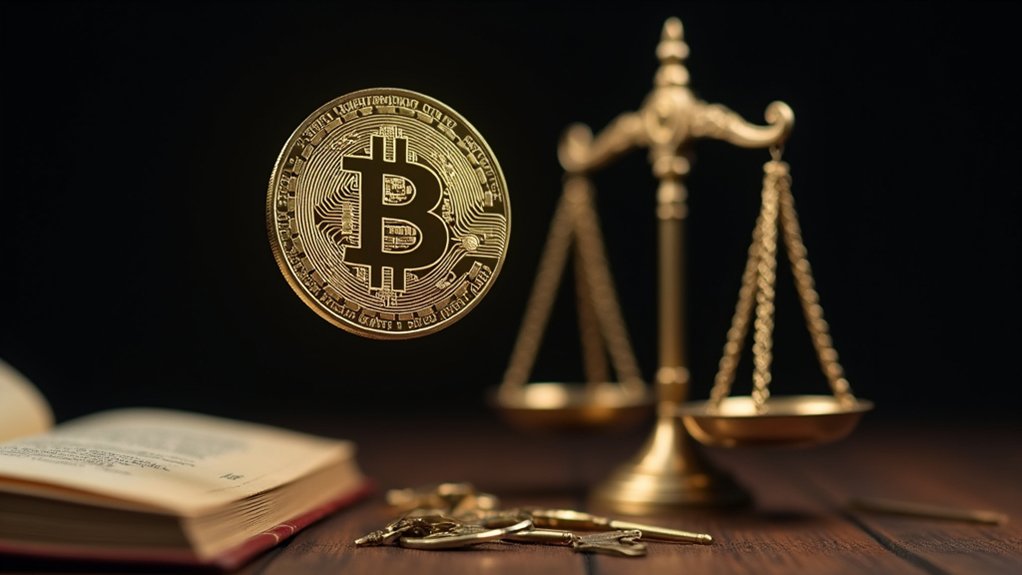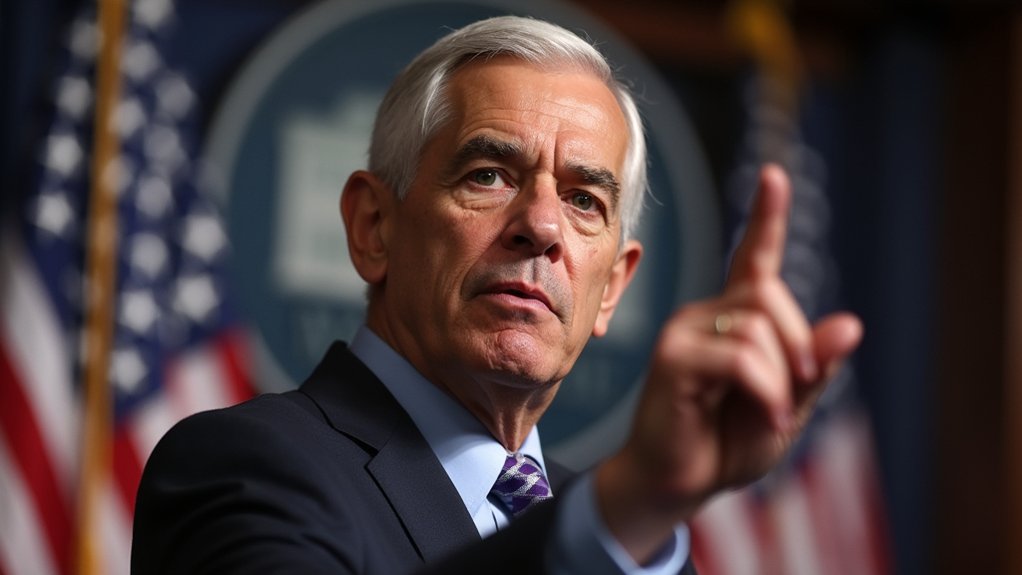While most nations tiptoe around cryptocurrency regulation with the cautious deliberation of central bankers eyeing their pension funds, South Korea has decided to sprint headlong into thorough digital asset legislation—a move that could either establish the country as Asia’s crypto regulatory gold standard or serve as an expensive cautionary tale for overeager policymakers worldwide.
The Financial Services Commission has orchestrated what amounts to regulatory theater on a national scale, targeting 2025 implementation deadlines that would make even the most ambitious startup founder nervous. This extensive framework addresses everything from Bitcoin to stablecoins, while exchanges must navigate the bureaucratic labyrinth of Financial Supervisory Service registration requirements that would impress a Soviet-era administrator.
Perhaps most intriguingly, South Korea’s traditional banking sector—historically about as crypto-friendly as a monastery wine cellar—now finds itself mandated to embrace digital assets through partnerships and licensing arrangements. Banks must comply with real-name account linking requirements, effectively transforming every Won Bin and Park Min-jung into verified crypto participants (goodbye, anonymous trading fantasies). Local financial institutions face Bitcoin futures trading prohibitions, preventing them from offering these derivative products entirely.
South Korea’s banks evolve from crypto-phobic institutions to mandatory digital asset enablers, dragging traditional finance kicking and screaming into blockchain reality.
The regulatory apparatus addresses legitimate concerns about retail investors who previously enjoyed 4x leverage crypto lending products—because apparently, regular market volatility wasn’t quite thrilling enough. New leverage caps and eligibility requirements suggest authorities learned something from watching overleveraged retail traders discover that cryptocurrencies can indeed go down. The government’s sweeping approach has attracted 9.7 million South Koreans to cryptocurrency exchanges, demonstrating massive retail adoption despite increasingly stringent oversight measures.
Current taxation remains invigoratingly ambiguous, with transactions sitting in a delightful regulatory purgatory until lawmakers finalize their framework. Meanwhile, the joint FSC-FSS task force, featuring representatives from the Digital Asset eXchange Alliance, continues drafting leveraged lending rules with August 2025 deadlines—optimistic timelines that assume regulatory harmony and stakeholder cooperation. This regulatory push could drive adoption of decentralized finance protocols, which eliminate traditional banks and brokers using smart contracts on blockchain networks.
This transformation positions compliant banks as intermediaries bridging fiat and crypto markets, potentially creating new revenue streams while shouldering enhanced AML responsibilities.
Whether this ambitious regulatory sprint produces Asia’s most sophisticated crypto framework or merely demonstrates why financial innovation and government timelines rarely synchronize remains the multi-billion-won question. The global financial community watches with interest—and perhaps a touch of schadenfreude—as South Korea attempts to regulate an inherently unruly asset class into submission.









